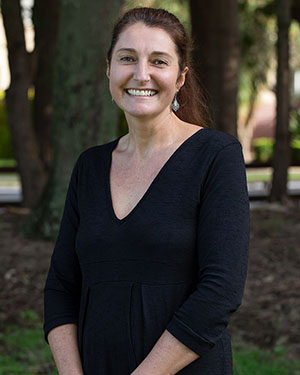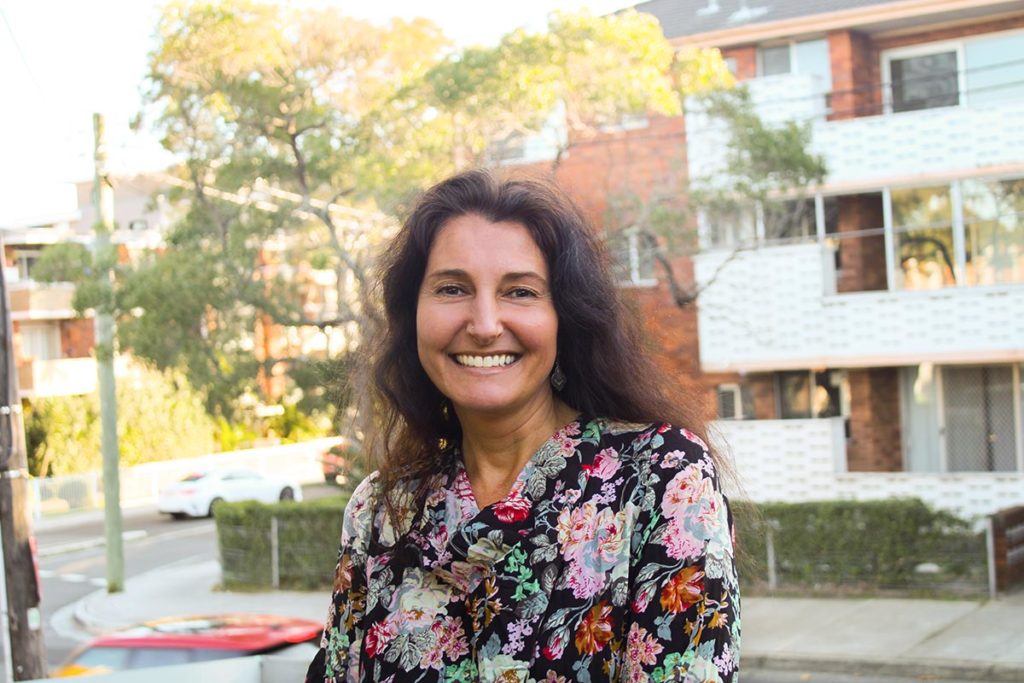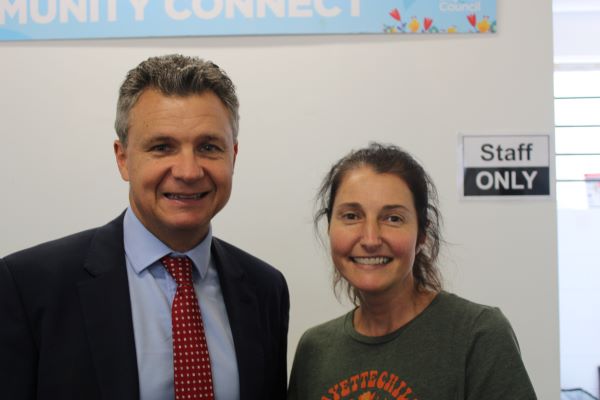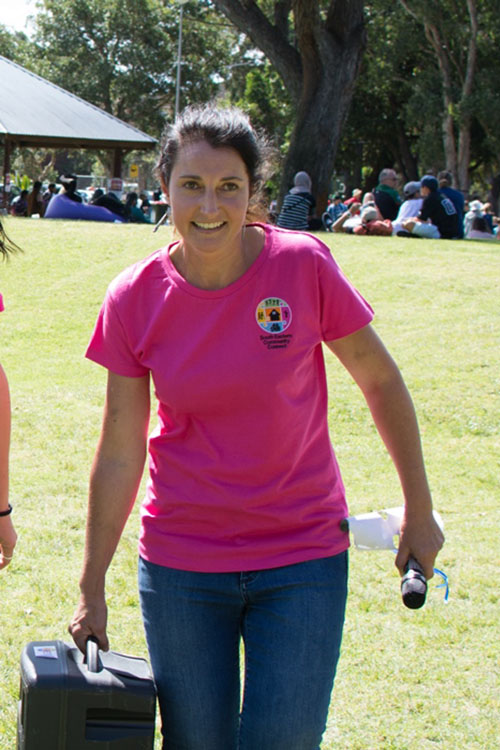This month, Kate Melhopt celebrates 15 years at the helm of the South Eastern Community Connect ship.
Here, we chart her journey so far.
Kate Melhopt has always had a heart for people, especially those in crisis.
Her dream in her teens was to become a child psychologist or social worker. Once she left school she pursued studies in social work, education, and psychology in New Zealand.
London calling
After graduating, Kate worked as a psychiatric social worker for a year before heading to the UK. She worked with mentally disordered offenders in London.
This involved transitioning people from secure units and hospitals back into their community.
After three years in that role, which included court diversion work, she became the manager of a community support team and an Afro-Caribbean and Asian mental health team.
Support work in Sri Lanka
Kate stayed in England for 10 years before moving to Sri Lanka to do volunteer work with a British charity. She worked with local not-for-profit organisations to support the mental health of the local communities. Here, she assisted in the establishment of support for people experiencing mental illness and trauma.
She worked with volunteers and local mental health specialists to build a team of allied health professionals. She worked initially with war-affected communities, followed by tsunami-affected people. Then, she moved to Australia.
Meeting a need in Surry Hills
In Australia, Kate wrote policies and procedures for a credit agency before moving into the manager’s role at Surry Hills Neighbourhood Centre.
Here, she was able to implement a range of services in areas of child care, OOSH programs, social engagement programs, support groups, English classes, and assimilation programs. At this centre she met the centre’s accountant John Ferguson, who was also the accounts manager at what was then known as South East Neighbourhood Centre (SENC).
Greater diversity at SECC
Once John heard the news CEO David Atkins had resigned, he told Kate, and she applied for the role. She was successful, and started as CEO of SENC in December 2009.
Kate was attracted to the diversity of services and funding streams on offer at SENC, as well as the range of programs, wider geographical coverage, and potential for growth.
When she started at SENC there were two operations managers under her, but within 18 months she restructured and streamlined the services in recognition of the skills and capabilities of existing staff. One of her achievements was also to re-brand SENC as South Eastern Community Connect (SECC).
Over the last 15 years, SECC has become more outward-looking, with all staff possessing a high level of skills and knowledge.
“We now provide whole-of-life services as opposed to just families and aged care services,” Kate says.
“We have more specialist streams such as our Dementia Day Centre, and our geographical coverage has grown to include the south east and inner west of Sydney.
“Programs have grown. Funding sources and the level of funding has grown. And our ability to seek out opportunities has grown too.”
A self-sustaining model
“We’ve been a lot smarter and more strategic in identifying where we want to go and the type of people we need working alongside us as we go on that journey,” Kate says.
“We need staff that are energised and passionate about what we’re doing and want to move forward. At the end of the day we’re accountable to the community and our funding bodies to deliver the services we’re funded for.”
“We’re responsible for looking beyond government funding to achieve that.
“Our goal is to become more self-sustaining, which is part of the reason we opened The SECC Community Hub in Mascot.”
This venue offers the capacity for room hire, cooking classes, markets, and a range of services that are more accessible and comfortable for the community.
“We need to be able to continue to fund our Hub programs so we can build ourselves up and generate income,” Kate says.
“We’re so thankful for all our partners and collaborators who are helping us build our dreams.”
A crowded space
Kate says the not-for-profit space is more competitive than ever.
“People often overlook grassroots organisations such as ours which have staff with real connections to the community,” she says.
“Our point of difference is that we’re not just about income generation – we’re about contributing to the community.
“We need funding in order to support our services and deliver the programs effectively.”
Kate’s vision for the future
SECC’s professionalism and expertise has grown exponentially.
“We’ve become more strategic and identified where our strongest capabilities are,” Kate says.
“But I’d like us to increase our brand recognition, with SECC recognised for its expertise in the field and its high level of professionalism.
“I’d like to see us generating our own income without being reliant on funding or applying for grants. I’d like us to discover new revenue streams and move into the future with more financial security.”
So what gets Kate out of bed in the morning?
“I genuinely love what I do most days,” Kate says.
“I really do love it.
“The fact the organisation continues to grow into self-sustainability is really satisfying.
“Working as part of a team that’s incredibly supportive is wonderful too. When numbers are low on some days we all pitch in and help each other out because there’s a culture of teamwork and mutual respect here.”
Everyone is equal
Kate sees staff take on tasks they might not have thought they could take on.
“This team is a diverse team, with a wide variety of languages and cultural backgrounds,” she says.
“The way we engage with one another is reflective of how we engage with the community. We trust our staff to go the extra mile – and if there’s a problem we work collectively to solve it.
“Everyone is part of the team – no one is better than anyone else. Everyone has something they bring to the table, and without that we wouldn’t be who we are.
“This isn’t a hierarchy. We all just chip in and do what needs to be done in the moment.”




